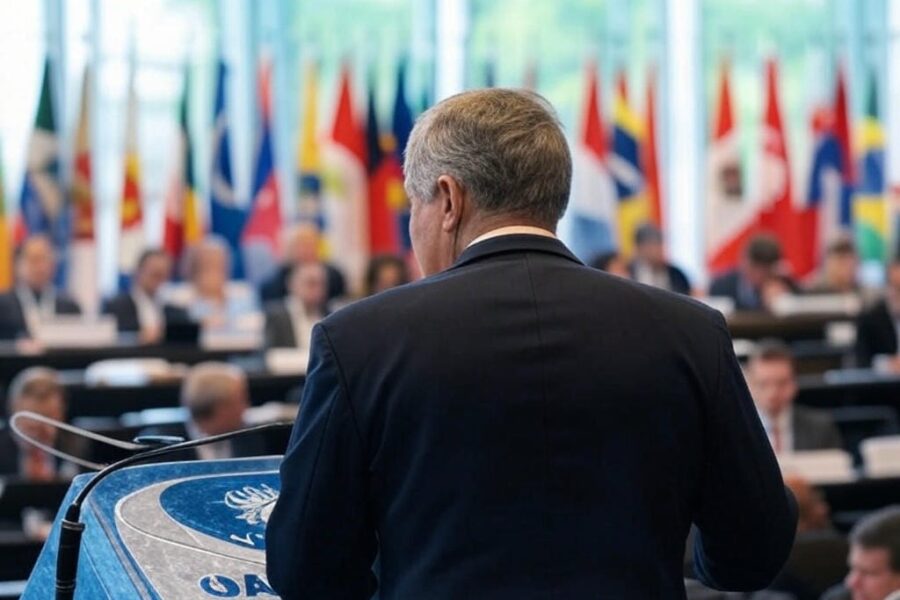The Inter-American Court of Human Rights ruled against life earlier this month in Manuela v. El Salvador. Among other anti-life measures, the court ordered El Salvador to amend its national laws to lower infanticide penalties which protected infants in their first few days after being born.
In 1998, El Salvador enacted a new Penal Code which eliminated criminal liability exceptions for abortion and removed “the killing of a child by her mother during birth or through the subsequent seventy-two hours” from the classification of mitigated homicide. The following year, the El Salvador Legislative Assembly passed a constitutional reform recognizing human life and personhood at conception. Prior to this case, El Salvadorean law also provided an exception for physician-patient confidentiality where a physician had the reason to believe her patient had committed infanticide.
In this case, a thirty-year-old woman under the pseudonym Manuela received emergency hospital attention in 2008 after giving birth to a son. Following conflicting stories of the circumstances of the birth, the treating healthcare worker reported Manuela to authorities for potential criminal activity towards her child. With evidence from a law enforcement investigation, the court determined Manuela’s son died ten to fifteen minutes after birth from asphyxiation from being thrown into a latrine. The court found Manuela guilty of infanticide and sentenced her to prison.
Manuela ultimately passed away of Hodgkin’s lymphoma while in prison. In 2019, Manuela’s family sued in the Inter-American Court of Human Rights for human rights violations against Manuela in her detention, criminal proceedings, and prison sentence.
On December 1, 2021, the Inter-American Court of Human Rights issued its decision, stripping away infant legal protections in El Salvador. In addition to lowering infanticide penalties, the court determined the country must modify its criminal procedure for temporary incarceration of mothers suspected of infanticide and pass regulations prohibiting doctors from reporting potential infanticide cases. The court further ordered El Salvador to design and implement a training course for the judiciary and healthcare workers on the new infanticide standards. El Salvador finally must make a public apology and pay reparations to Manuela’s family.
The court, however, explicitly limited its holding to infanticide, recognizing the case did not involve abortion. Thankfully, the court did not impose a national “right to abortion” on El Salvador, as many feared it would. Americans United for Life notably had filed a friend-of-the-court brief in Manuela v. El Salvador, arguing the facts characterize infanticide, not abortion, and international human rights law does not require impunity for infanticide.
We mourn this anti-life ruling of the Inter-American Court of Human Rights. Children deserve basic human rights, including protection especially in their vulnerable first few days after birth.




